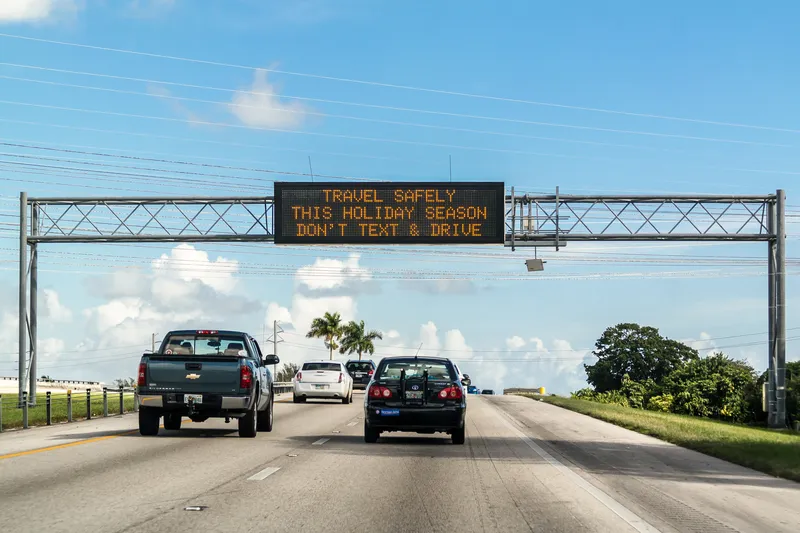UK insurance company AXA UK has responded to the House of Lords Science and Technology Select Committee’s report on connected and autonomous vehicles (CAV), saying it will help influence the recent Vehicle Technology and Aviation Bill (VTA) and demonstrates the important considerations that need to be taken on-board.
According to David Williams, technical director at AXA UK, the report rightly flags data access and standardisation as an important element of the CAV world going forward. He says it is impo
March 16, 2017
Read time: 2 mins
UK insurance company AXA UK has responded to the House of Lords Science and Technology Select Committee’s report on connected and autonomous vehicles (CAV), saying it will help influence the recent Vehicle Technology and Aviation Bill (VTA) and demonstrates the important considerations that need to be taken on-board.
According to David Williams, technical director at AXA UK, the report rightly flags data access and standardisation as an important element of the CAV world going forward. He says it is important to recognise that vehicles communicating with each other and their surroundings are going to generate data, a topic AXA is working on with its partners in the three-year Flourish CAV project that started in June 2016.
He goes on to say it is vital that all parties involved, including vehicle manufacturers and insurers, can agree on standardising and sharing key data and information and an international agreement would be the best way of achieving that.
“The Vehicle Technology and Aviation Bill has made a good start by placing people’s protection at its heart and that must remain the guiding principle as we begin to consider the new and emerging risks/opportunities that CAVs present,” he concludes.
According to David Williams, technical director at AXA UK, the report rightly flags data access and standardisation as an important element of the CAV world going forward. He says it is important to recognise that vehicles communicating with each other and their surroundings are going to generate data, a topic AXA is working on with its partners in the three-year Flourish CAV project that started in June 2016.
He goes on to say it is vital that all parties involved, including vehicle manufacturers and insurers, can agree on standardising and sharing key data and information and an international agreement would be the best way of achieving that.
“The Vehicle Technology and Aviation Bill has made a good start by placing people’s protection at its heart and that must remain the guiding principle as we begin to consider the new and emerging risks/opportunities that CAVs present,” he concludes.










